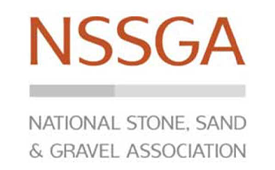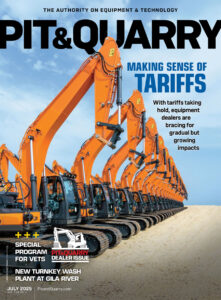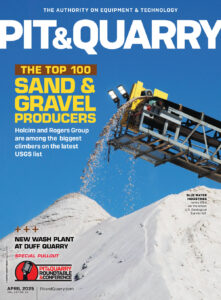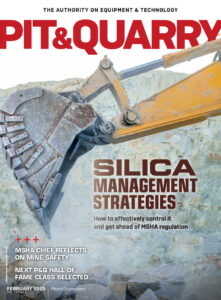The Navigable Waters Protection Rule (NWPR) will take effect in Colorado as the result of a federal court decision in Colorado v. EPA (the Environmental Protection Agency).
The decision will eliminate costly delays for transportation system upgrades, according to the National Stone, Sand & Gravel Association (NSSGA), as well as the American Road & Transportation Builders Association (ARTBA).
According to EPA, the Navigable Waters Protection rule ends decades of uncertainty over where federal jurisdiction begins and ends. NSSGA and ARTBA have advocated for a more reasonable rule that excludes ditches, dry stream beds and other marginal waters.
“NSSGA’s aggregate producers need clear rules to provide aggregates necessary for vital infrastructure projects,” says Mike Johnson, president and CEO of NSSGA. “Our members are also good stewards of our water resources, resulting in the water leaving an aggregates operation often being cleaner than what came out of the tap. This ruling provides the clarity our members need to build America’s infrastructure.”
The decision comes from U.S. Court of Appeals for the 10th Circuit, which denied an earlier ruling from a federal judge in Colorado that prevented the NWPR from taking effect in the state. Colorado had previously been the only state not to enact the NWPR, according to NSSGA and ARTBA.
“The decision comes at a critical time,” says David Bauer, president and CEO of ARTBA. “The clarity provided by NWPR will help deliver transportation projects more efficiently as the country considers infrastructure’s role in our recovery from the pandemic.”
The NWPR replaced the 2015 Waters of the United States (WOTUS) regulation, becoming effective for most states in June 2020. The rule is the final replacement rule for WOTUS.













